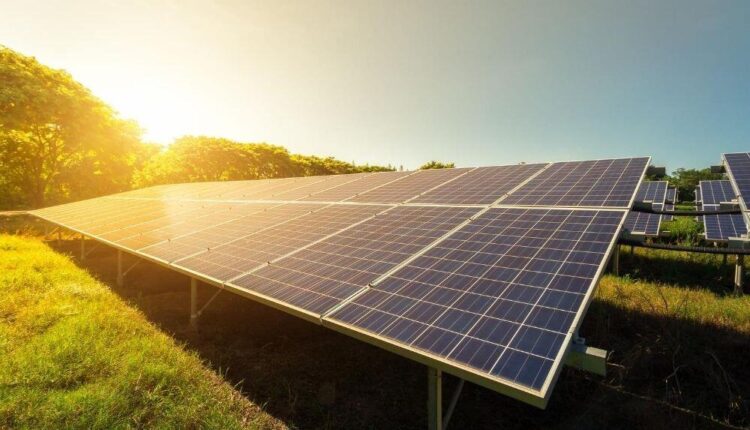Does weather affect solar energy production?
Installing a solar power system for your home or business is one of the best investments you can make. Even a small solar system can significantly improve your electricity bill. With a larger array and a solar battery pack to store the excess energy your solar panels produce, you may never have to pay for electricity again.
Despite all the benefits of solar energy, many people are still hesitant to use it due to myths and misconceptions about its impact on solar production related to the weather. While certain weather conditions can affect solar efficiency and energy production, modern solar systems are highly efficient and can continue to produce electricity even in adverse weather conditions.
temperature
One of the most common myths is that solar panels don’t work in cold weather, which is definitely not the case. Solar modules use the sun’s light and not its heat to generate energy. This means that cold has no impact on solar efficiency. The main reason solar panels produce less heat overall in the winter months is because there are fewer hours of sunshine and the panels are occasionally covered in snow.
While cold temperatures do not affect solar production, higher temperatures reduce the efficiency of solar panels. When the sky is clear, the solar modules can operate at almost full power as long as the temperature does not exceed 77 degrees. Anything above that and solar efficiency typically drops by about 1% per degree.
Clouds
Another misconception is that solar panels only produce energy when the sky is bright blue and completely clear. Cloudy weather actually affects solar efficiency by reducing the amount of sunlight reaching the panels. However, a solar system still generates electricity even on extremely cloudy days. On partly cloudy days, solar panels typically operate at about 50% of their total capacity. If cloud cover is significantly heavier throughout the day, their production could drop to just 10-20% of total capacity.
Rain
Rain affects solar production in several ways. The first reason is that cloud cover reduces the amount of light reaching the panels. Raindrops also scatter light, which can result in fewer photons reaching the panels. Water on the solar panels also reflects some of the light. While solar systems produce less energy when it rains, rainfall is still beneficial overall. When it rains, the water washes away all the dirt and dust from the solar panels, allowing them to work more efficiently once the weather clears.
Snow
Even if there is only a light layer of snow on your solar modules, some photons will still reach the modules and ensure that they produce at least some energy. If your solar panels are completely covered in snow, they will not produce electricity. The good news is that even in cold temperatures, the sun melts the snow from solar panels fairly quickly. The fact that the solar panels are angled also means that the snow will immediately slide off them as soon as it starts to melt.
There is considerable debate about whether solar panels should be cleared of snow. Removing snow from ground-mounted solar panels is easy as long as you are careful not to damage them. You can use a foam roof rake or telescoping handle snow brush to attempt to clean rooftop solar panels. However, most experts advise against this because the panels may become scratched or damaged, making them less efficient.
wind
Wind typically has a smaller impact on solar energy than other weather conditions. However, in some situations it can have both positive and negative effects. Wind can be beneficial on hotter days as it helps keep panels cooler, reducing production decline.
Wind can also cause the panels to become more covered in dirt and dust. A small amount of dirt and dust will not result in a significant drop in production, but if the panels are excessively dirty and covered with a thick layer of dirt and dust, you can see a fairly significant drop.
That’s why it’s important that you have your solar panels cleaned regularly. If you live in an area where it rains relatively frequently, it is usually sufficient to have your solar panels cleaned by a professional once a year. In a dry, dusty climate, cleaning your solar panels at least twice a year will help increase energy production year-round.
With over 20 years of experience, Solar Liberty is one of the leading providers of residential solar services in New York, Pennsylvania, Ohio and Vermont. If you are looking to switch to solar energy, we can design a custom system that perfectly meets the energy needs of your home or business. From there we can also undertake any necessary solar installations and maintenance and carry out any repairs to ensure your solar system continues to function efficiently for years to come.
To schedule a consultation with one of our experts, contact Solar Liberty today.



Comments are closed.